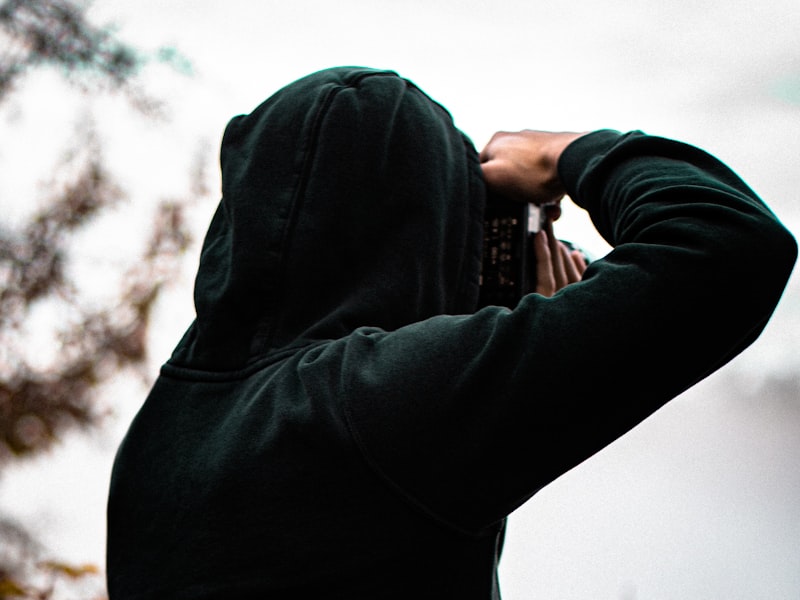Dare To Lead: Courageous Work Tough Conversations Whole Hearts Rotman College Of Management

Every CDTLF was carefully curated for depth and breadth of expertise and chosen by Brené and her team to be a half of this restricted group of facilitators. Your facilitator will be a seasoned leadership and organization improvement skilled, and certified coach, with a deep dedication to providing protected, brave, learning experiences. Based on the research of Dr. Brené Brown, Dare to Lead™ is an empirically primarily based courage-building program. In this transformative program, you will cultivate the braveness, vulnerability, and empathy essential to become a better leader. Brown’s new book, Dare to Lead is the ultimate playbook that offers practical skill-building tools for creating brave leaders in your organization. Leaders constantly should do tough things, give exhausting feedback, put daring ideas into motion whereas being not sure of the outcome, and take many dangers.
We don't avoid difficult conversations and conditions; we lean into vulnerability when it's necessary to do good work. I look back at these key learnings and actually, they are about being a greater individual which is able to make me a greater leader. It reinforces my belief that management is actually built-in with life (thus the name of this website).
Courage has been an aspirational management skill for so lengthy as there have been leaders. Dare to Lead™ is an empirically based mostly courage-building program, based on the analysis of Dr. Brené Brown. I love this quote and it jogs my memory of Kim Scott’s Radical Candor paradigm. We should be trustworthy (we can do this with kindness though). We typically tend to say “maybe” after we wish to spare the other person’s emotions.
Getting down and soiled; challenging your ideas; having troublesome conversations are all going to feel sucky sooner or later (and most likely at many points). We can’t run from the onerous parts – they may lead us to the rewards. When we accept that there will be hard elements we don't get pleasure from, we are in a position to learn to acknowledge them and dig in, rather than run away. Growth is not with out ache and challenge; it is working via these which give us the greatest rewards.
As a Certified Dare to Lead™ Facilitator, Tara focuses on growing these courage-building skills via workshops, trainings and coaching to assist individuals, teams and organizations transfer from armored management to daring leadership. But daring leadership in a tradition defined by shortage, fear, and uncertainty requires skill-building round traits which would possibly be deeply and uniquely human. The irony is that we're choosing not to put money into developing the hearts and minds of leaders at the very same time as we're scrambling to determine what we have to offer that machines and AI cannot do higher and faster. The talent sets that make up braveness usually are not new; they’ve been aspirational management expertise for as long as there have been leaders.
Courageous leaders are able to do this constantly as a end result of they function with a clear set of values and behaviors that line up with those values. “It is necessary to have values as a leader, but it is crucial to operationalize them. Otherwise they're simply imprecise ideas, not guiding rules,” Brown explains. When we dare to lead, we don't faux to have the proper solutions; we keep curious and ask the right questions. We don't see power as finite and hoard it; we know that power becomes infinite once we share it with others.
brene brown dares to lead
“Courage is a ability set we can educate, measure, and observe, however we are choosing to not as a end result of it's an funding of vitality and time and it takes muscle building. If we need braver leaders, but we’re not investing in skilling them up, what's getting in the way? We want to remain curious concerning the different person’s story. If we don’t ask, we don’t know what is going on, or what could be driving their behaviour. She also teaches that we should assume the opposite particular person is doing the best they can, as this changes our intention, and the way we strategy them. She tells the story of asking her husband, Steve, whether or not he thought people had been doing the most effective they may, and in the end, he replied with, “I don't know, but what I do know is my life is better when I assume they're.” (check out this great video the place she talks more about this).
